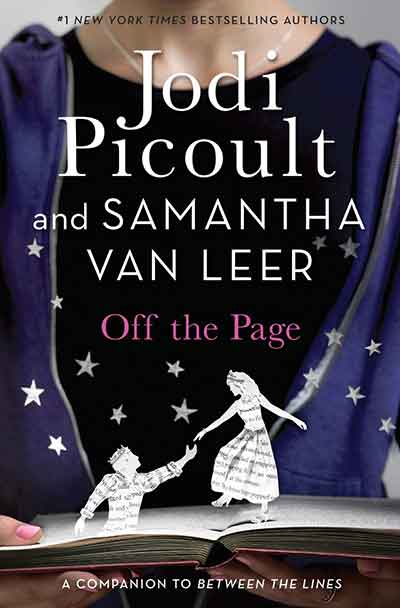On the one hand, if you turn on network television at 8:00 or listen to the Top 40, you'll hear words that were deemed "inappropriate" as recently as the '90s. On the other, words "offend" with ease and, almost weekly, leave someone in court or out of work; or, at the very least, delivering a half-hearted and highly-scripted public apology.
 |
| Four years, four books |
So where does that leave us - two Crazy Reading Ladies who are often tasked with endorsing books for a few hundred adolescents? Want to know what goes through our minds as we consider what to put in the hands of our cherubic charges? Yeah, so do we.
It has been almost five years since we started our All In! adventure. Over one thousand readers have devoured the pages of four very different books. And by most standards, we've picked a winner every time. So why is it so difficult to explain how we've chosen them?
It's surprising - even to us as we sit here and type - that we don't have a clear answer. There's no rubric, no formula, no Russian judge. It's just us.
 |
| "No book for you." |
We are put in a similar situation. We read while thinking about relatable characters, assessing developmental appropriateness, analyzing messages presented, dreaming up activities, imagining costume potential, and responding to hypothetical parental and administrative inquiries. And if it gets our blessing, we go with it.
That's all.
Though it may be hard to believe, as frighteningly alike as we are, the two of us have different barometers. But we respect (and admire) each other to such a degree that if a book raises even one of our eyebrows, we put it aside; however, if we both think something is okay, we'll go with it and stand by it, which is not without risk for two ladies who love their jobs and work in an increasingly litigious society.
We know our students think we have read every book that has ever been written (or at least the ones in our classrooms) but we haven't. We rely on casual recommendations, Top Ten lists, and online reviews just like everyone else. But what to do when the ALA-honored book you ordered for your 8th graders features both four-letter words and a certain toothpaste-tube tutorial? You go with your gut - and if you're us, you're sending that puppy back to Barnes and Noble. As Mary once famously said, "If I can't figure out how to write the permission slip, I'm not putting it on my shelf."
So I guess we can't tell you how we know it's right, but it's easy for us to identify when it isn't.
Without expending too much end-of-the-year energy, we can easily rattle off the following honest-to-goodness charges we have received when people have deemed our book selections "inappropriate":
- too long
- too difficult
- too easy
- too violent
- anti-American
- pro-American
- furthers liberal agenda
- too sexual
- contains inappropriate language
- is psychologically disturbing
- too real
- too fake
- too religious
- anti-Catholic
- characters are too old
- presence of drugs
 |
| We believe in fairy tales |
Perhaps we're just far too verbose, but the CRL could not respond to that inquiry in 140 characters; there's no easy answer to that question. We've suggested THE STORYTELLER to some very mature 8th graders who are passionate about the Holocaust and seem ready for such an experience; on the other hand, there are several adults in our building who have yet to "go there." We've talked to an elephant-obsessed 7th grader about LEAVING TIME, but haven't given it to a friend who is mommy to a toddler. Everyone is different. It's about knowing your audience.
We're not saying that our standard is perfect, but it has yielded some pretty stellar results and, even with 20/20 hindsight, we wouldn't change a thing.
No comments:
Post a Comment